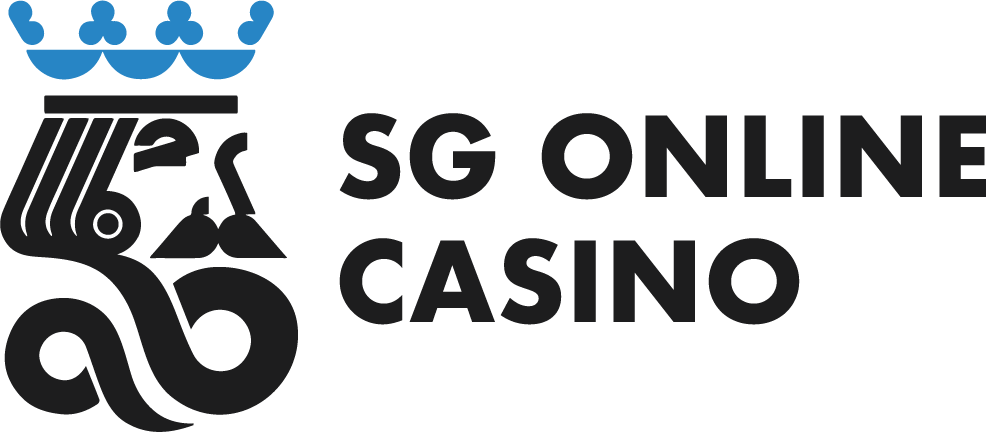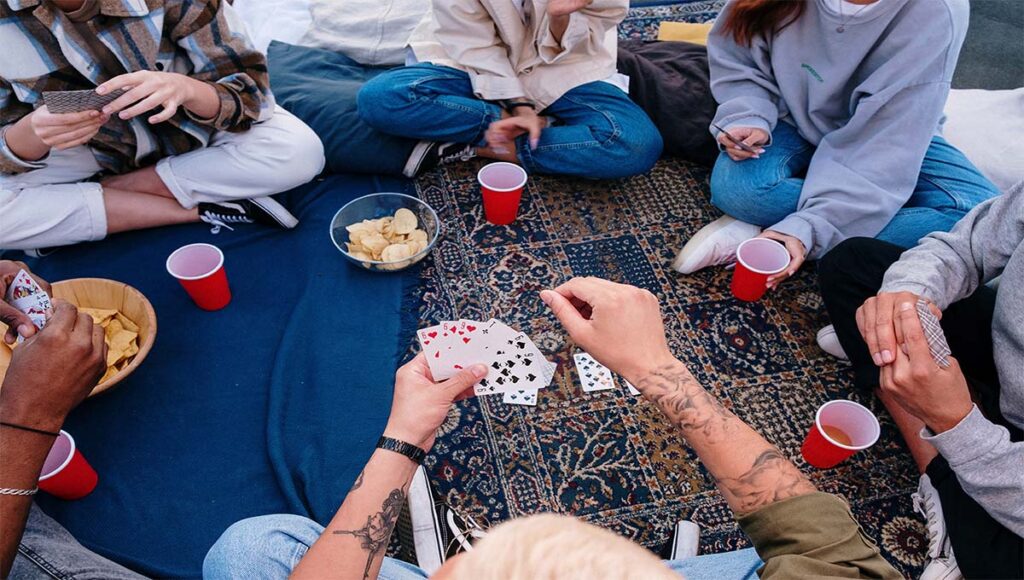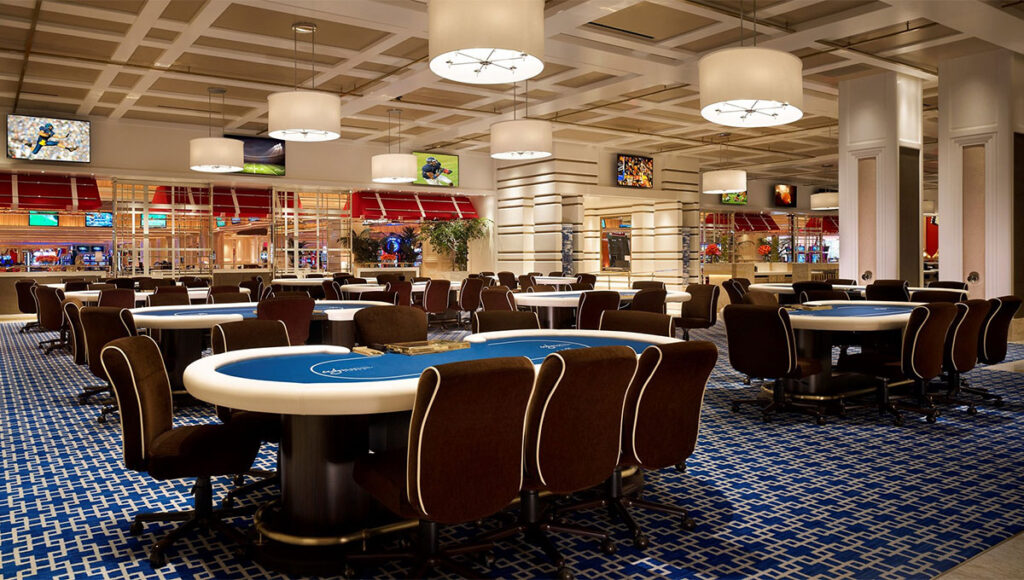Playing mahjong or poker with pals at home is a common social act among many Singaporeans. Before, this was neither real banned nor clearly legal. So, is gambling at home illegal in Singapore?
For those who enjoy social gambling at home with family and friends, the news is good. Mahjong games that last all night won’t be seen as illegal.

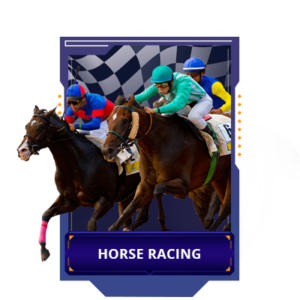
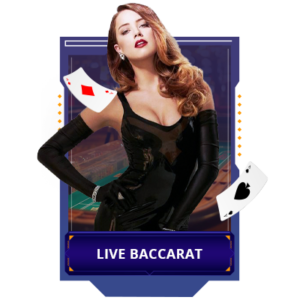







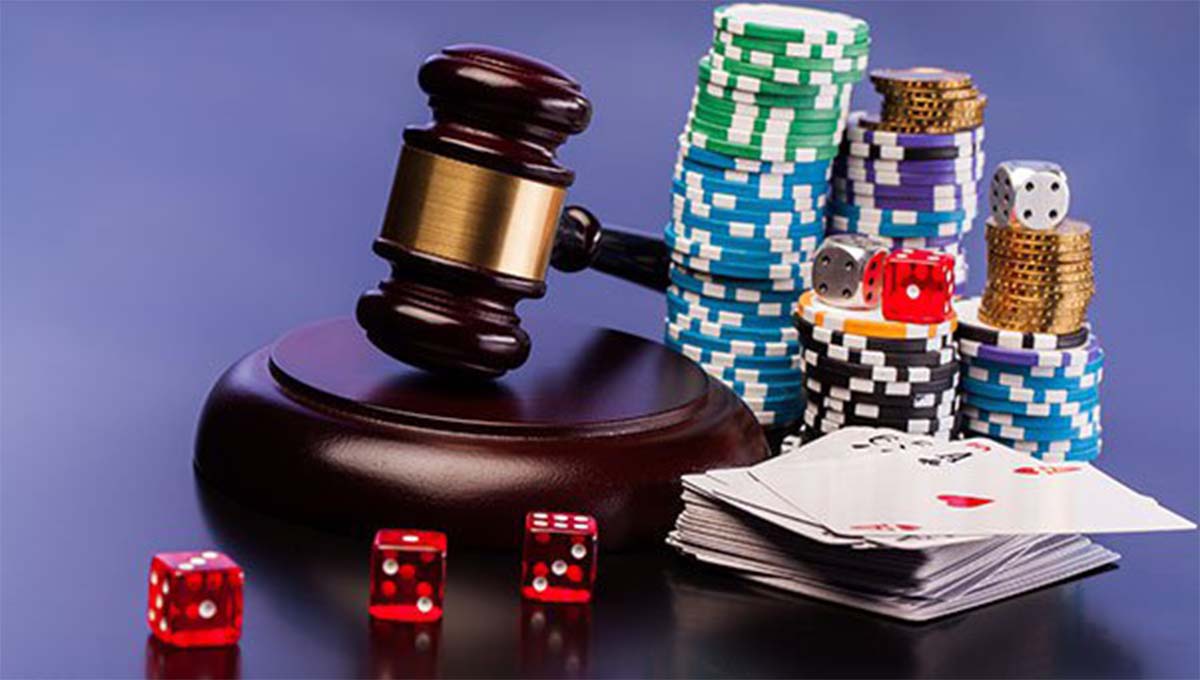
Social gaming is legalized by the GC Act as of 1st August
According to the Ministry of Home Affairs (MHA), the GRA would take on the role of the Casino Regulatory Authority and run all forms of gambling in Singapore, except casinos, under the new bills.
It will also cover social gaming between family and friends in add to licences for gambling services such betting, lottery, and slot machine rooms. Social gambling is legal at any age, but it must take place at home and cannot be done as part of a business.
MHA stated that the police will take action against any wrong organisations that try to use this to carry in not legal gaming act. A three-tiered penalty structure has also been added to the list of fines.
The highest fines will be laid out to operators, followed by agents and lastly gamblers. Also, there will be greater penalty for illegal gambling.
Related Post: How Do I Report Illegal Gambling In Singapore?
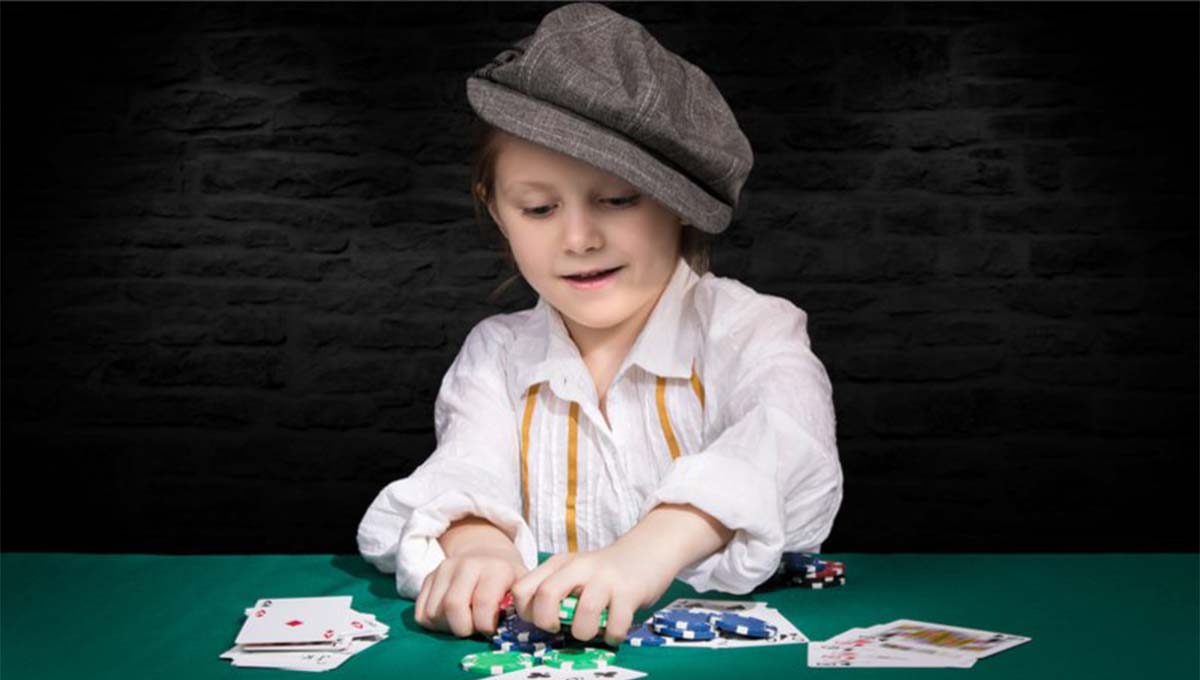
Extra safeguards against underage gaming
The GC Act also adds new safety measures to prevent minors from gambling. According to MHA, it is against the law for minors to gamble at legal or illegal places. They are also not allowed to enter gaming establishments other from those with no admission requirements, such the real places of Singapore Pools.
This is because these places are regarded as ‘open places,’ where minors may enter by mistake even if they have no intention of placing a wager.
The GC Act now applies to people who enter and gamble across all online platforms and physical places where National Council for Problem Gambling (NCPG) exclusions take effect, even though it is already banned for ‘excluded individuals’ to enter and play in casinos.
For instance, Singapore Pools’ online gambling platforms and gaming machine rooms are two examples.
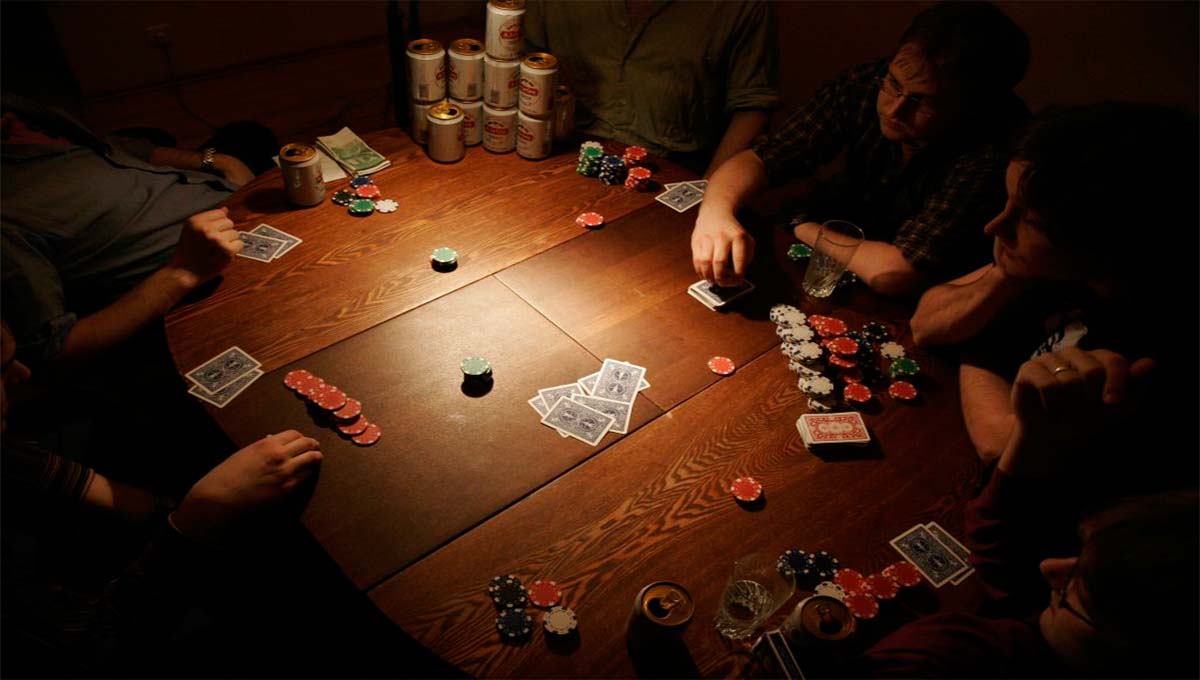
Private gaming
Any game of chance for a prize that may or may not have a skill part falls under the category of ‘private gaming’ if it meets two requirements:
- There is no fee to take part (for example, rake).
- The area must be off-limits to the general public.
As such, the gaming must be equal chance gaming if it is taking place outside of a home private setting, or in a hostel, hall of residence, or other similar housing (that is not hosting the gaming as part of a company, and more than half the players are staying in that lodging). In other words, players must compete with one another rather than the “house.” Games with equal odds include poker and bingo.
The host cannot charge rake or any other fee for take part, which is a core part of private gaming. It makes no difference whether the cost is optional or required. In reality, you can be forced by others to pay a ‘voluntary’ fee or you might be allowed to enter the premises without making a ‘voluntary’ payment as long as you don’t participate in any games. It makes no difference when take part costs are collected during the game, at entry, or at any other time.
For this, it is vital to keep away of any home game that pays rake or a like fee. If the host offers not legal gambling, they may be breaking the law. There are a variety of potential risks associated with illicit gambling, though it is less likely that you will face any just for playing. You can’t be certain that your money is secure and safe because the game might not be fair.
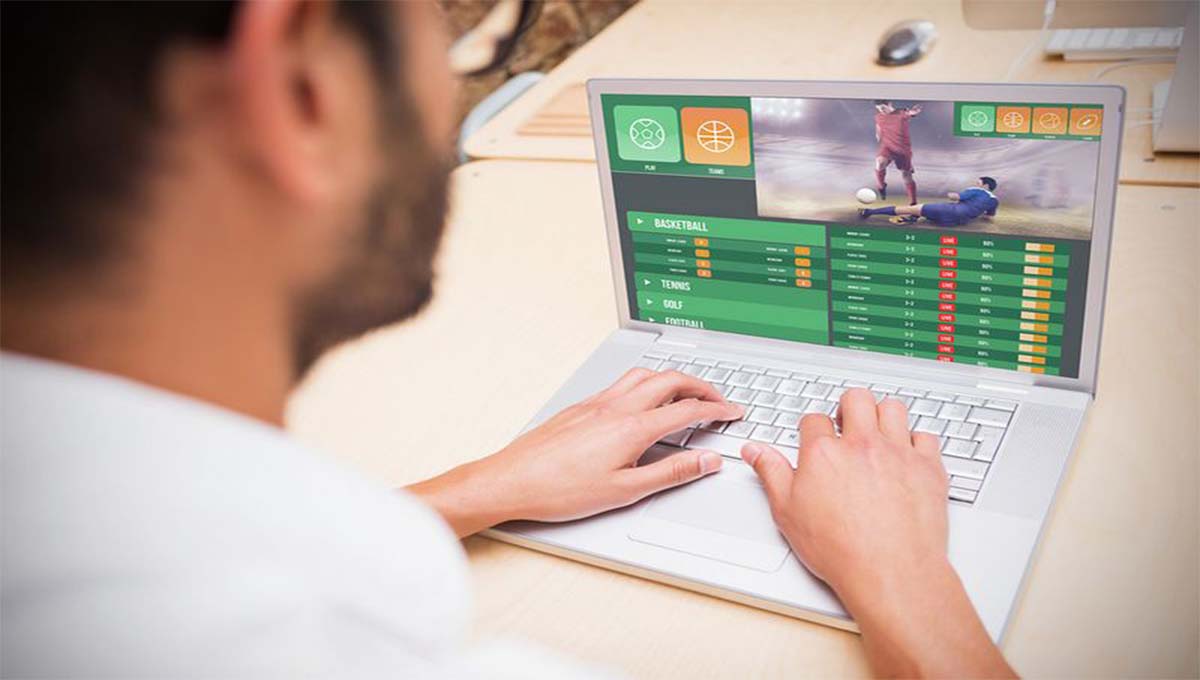










Personal betting
If a bet is placed between family members (referred to as ‘local betting’) or co-workers of the same employer (referred to as ‘workers’ betting’), it is considered ‘private betting.’ This allows, for instance, your family or place of employment to set up a World Cup sweepstakes or a straightforward proposition bet (a dare for cash) among one another.
If everyone stays in the home on a regular basis, then the residents may part in private wagering. Thus, a wager between friends who reside in not the same homes would not be considered a ‘private bet.’ As such, there is no restriction on the number of homes you may normal reside in, so if you are lucky enough to own several homes, you may engage in ‘private betting’ in any of them.
It may be against the law to facilitate any form of gambling that isn’t ‘private betting.’ The term ‘facilitating’ has a broad meaning and take in to call or giving others a way to gamble.
As such, the action in question is classified legally as gaming if it meets the criteria for both ‘gaming’ (a game of chance with a prize) and ‘betting’ as stated above. An example of this might be a sit-and-go poker tournament. A Sit and Go is a game of chance, but participants also wager on how the competition will turn out.
Conclusion
In fact, you are free to bet in private places like as houses as long as:
- If the act is gaming, there is no rake or take part fee and no public access to the location. (The game must also be an equal chance game with no house edge if it is played outside a private home or similar setting if more than half the players are from that place.)
- When betting is involved, it normal occurs amongst roommates or co-workers from the same company.
Any game of chance played for a prize that may or may not have a skill part is referred to as ‘gaming.’ Poker and the majority of other casino games are within the gaming category, along with backgammon, bingo, bridge, cribbage, and dominoes.
The term ‘betting’ refers to placing or taking a wager on the result of an event, a contest, the likelihood that something will happen or not, or whether something is true or false.
Some activities, including Sit and Go poker tournaments, may fall under both the gambling and gaming types. Then the action is considered gaming.
